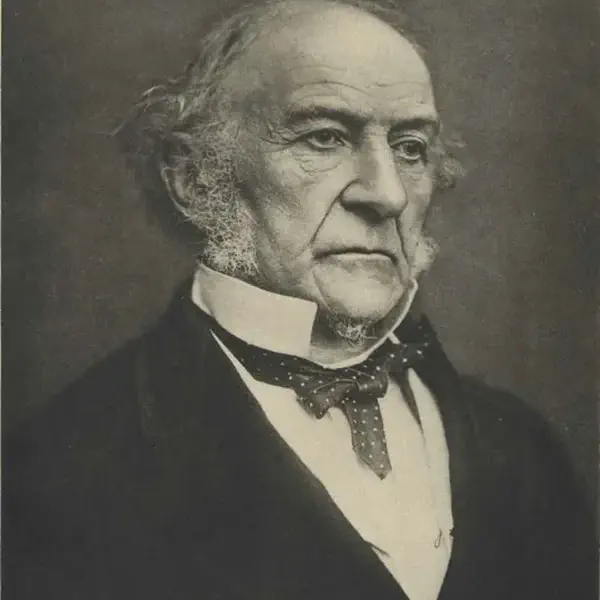
The Peace Preservation Act, Controlling Possession and Importation of Arms, Is Enacted
March 21, 1881
The Peace Preservation (Ireland) Act of 1881 was indeed a piece of legislation enacted by the British Parliament, led by PM William Ewart Gladstone, during a period of political turbulence in Ireland.
This act was part of a series of legislative measures introduced by the British government to address the rise of agrarian agitation and unrest in Ireland, particularly in response to the activities of the Irish National Land League.
The Peace Preservation (Ireland) Act of 1881 granted extensive powers to the authorities to combat perceived threats to public order and security. It allowed for the arrest and detention of individuals suspected of being involved in agrarian crimes, as well as the suppression of public meetings and the imposition of curfews in troubled areas.
The Act was part of the broader response by the British government to the Land War, a period of agrarian agitation and tenant-landlord conflicts in Ireland during the late 19th century. The legislative measures during this time were controversial and led to increased tensions between the Irish population and the British authorities.
William Ewart Gladstone, Prime Minister
William Ewart Gladstone was the Liberal prime minister of the United Kingdom of Great Britain and Ireland on four separate occasions between 1868 and 1894.
He was noted for his moralistic leadership and his emphasis on world peace, economical budgets, political reform and efforts to resolve the Irish question.
Gladstone saw himself as a national leader driven by a political and almost religious mission, which he tried to validate through elections and dramatic appeals to the public conscience.
His approach sometimes divided the Liberal Party, which he dominated for three decades. Finally Gladstone split his party on the issue of Irish Home Rule, which he saw as mandated by the true public interest regardless of the political cost.
Land Bill for Ireland 1881
In 1881 Gladstone was convinced that to pass a Land Bill for Ireland, law and order should be restored.
Peace Preservation (Ireland) Act 1881
In February 1881 the government therefore passed the Peace Preservation (Ireland) Act 1881 which gave the Viceroy of Ireland powers to suspend habeas corpus, and gave him in effect the power to lock up anyone he liked for as long as he liked.
Charles Stewart Parnell Arrested
This was the Act used to arrest Irish Nationalist leader Charles Stewart Parnell.
Land Law (Ireland) Act 1881
In August that year Parliament passed the Land Law (Ireland) Act 1881 which gave Irish tenants “the three Fs”; fair rent, fixity (security) of tenure; and the right to freely sell their holdings.[
Arrears of Rent (Ireland) Act 1882
Gladstone’s government also passed the Arrears of Rent (Ireland) Act 1882, which cancelled rent arrears for Irish tenants occupying land worth less than £30 per annum who were unable to pay